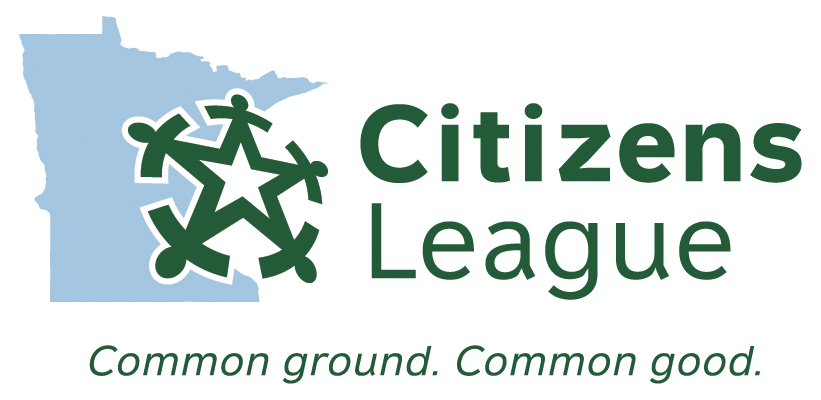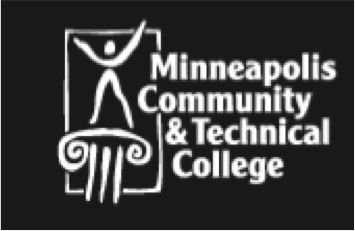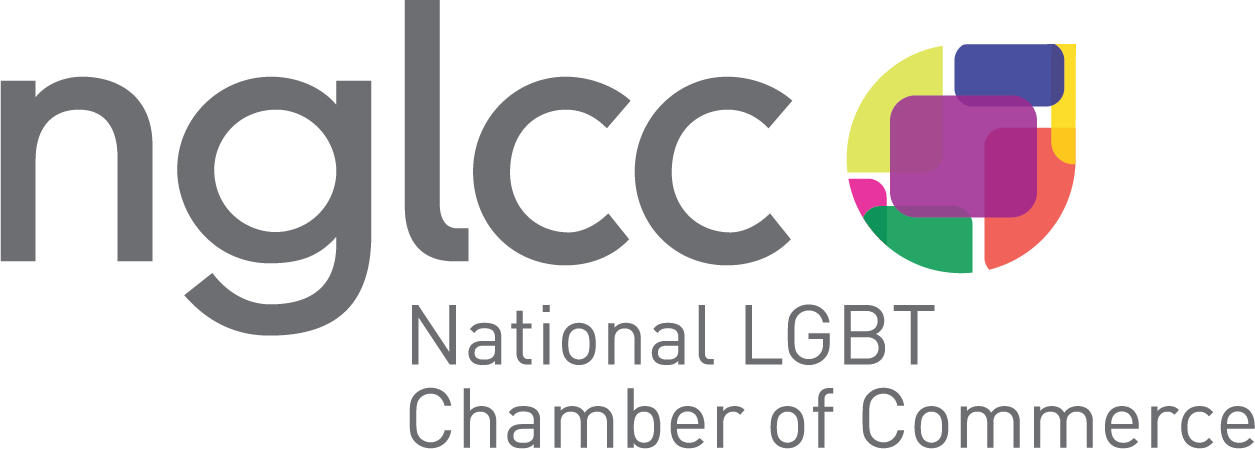 Jessica Pettitt, M.Ed., CSP, discusses her personal philosophies and methods to bring about change in the institutions that hire her and in the world. She outlines how encouraging empathy and cultivating connections can actually be the shake up that we need as we critique our systems and ways of going about business.
Jessica Pettitt, M.Ed., CSP, discusses her personal philosophies and methods to bring about change in the institutions that hire her and in the world. She outlines how encouraging empathy and cultivating connections can actually be the shake up that we need as we critique our systems and ways of going about business.
Jessica pulls together her stand up comedy years with 15+ years of diversity trainings in a wide range of organizations to serve groups to move from abstract fears to actionable habits that lead teams to want to work together. With a sense of belonging and understanding, colleagues take more risks with their ideation, converse precious resources through collaboration, and maintain real connections with clients over time.
Show Highlights:
- Jessica shares more about herself. What would she like folx listening in to know about her? 02:28
- Which identities are most salient for Jessica today? 03:52
- Inclusion work that Jessica is currently engaging in… 04:54
- Tell us more about how the use of humor either prohibits or promotes the kind of inclusion conversations you’d like to engage folks in? How has that worked effectively, and what are the limitations of that? 07:06
- How did Jessica arrive to this work today? 09:05
- What are the resources that really inform the way she approaches her work? 17:16
- Jessica highlights the significance of the month of November and Facebook and how she is engaging 20:17
- Jessica uplifts the biggest professional lesson that she has learned in her life? 30:55
What is that one piece of guidance that Jessica would provide to someone else doing inclusion work? 46:32 - Regarding free speech on campuses, Jessica shares strategies that have been working well to engage some of these cross-ideological divides 49:21
- How can folks connect with Jessica? What is she excited about today? 59:47
Notable Quotes:
- “If you can practice stories, or observations, or things like that in places where the risks are a lot lower, than you can actually create stand up routines, schticks, stories, etcetera, examples that really do drill home the actually feelings that we get when we’re trying to avoid an awkward conversation or a difficult topic or a challenging situation. All of us have been in those.” 07:20
- “I knew what I wanted to do, and I just couldn’t find the right space to do it.” 09:10
“This is the work that I do. If you want to call it cultural competency, or you want to call it diversity, or you want to call it social justice, great. I call it taking responsibility to try and make the world better. That scares people. So you can call it whatever you want to.” 11:27 - “When the trainers, or the curriculum developers, etcetera don’t understand the difference between one’s safety and one’s sense of comfort, then you’re going to design a training or curriculum that’s so open-ended that it could potentially apply to anyone on how to be nice to them. And then the addendum of the curriculum are these super super super generalized stereotypes of how to treat an entire culture.” 14:52
- “What I find amazing about the exquisitely designed system of higher education is first off: Not everybody has access to it. Number two: It becomes more and more and more elite and time consuming and soul-killing to actually get through the process. So by the time people are done with dissertations, whatever it is they cared about, at some point in time has been so extinguished that they’re just trying to get done. And then they kind of wake up, and realize ‘Oh, I have an idea! I care about something!” 27:55
- “The best thing I’ve learned is that you are in control of your own sense of urgency.” 31:12
- “Everything feels like a number one priority. Because often, it is. Do you work on your content or your marketing? Yes! That’s what you do.” 31:24
“Then you have to layer in the human-ness [of the workload you are taking on] …Did I plan on what it would be like when all of my social media outlets are reminding me of my own experiences of sexualized violence and sexualized harassment, and my clients don’t care?” 36:58 - “Of the people who voted, most of the people have something in common, and that is that they voted for somebody because they weren’t somebody else. Well, now we can really critique the democracy that we’re in. And by critiquing democracy we can pay attention to our voice. And whose voice matters. And whose voice doesn’t matter. And how do we get that to shift?” 51:17
- 56:45
Inspirational quote by Jessica Pettitt: “If we do the best we can with what we have some of the time – that is better than never nothing.” 01:02:20
Links Mentioned:
- Jessica’s Book: “Good Enough Now: How Doing the Best We Can With What We Have is Better Than Nothing”
- “The Bias Disruption Podcast” with Josh Packard and Megan Bissell
- “Everyday Mindfulness” podcast with Mike Domitrz
- Date Safe Project with Mike Domitrz
- Brené Brown on Empathy
- Connect with Jessica:
Facebook
Twitter @jesspettitt
Email: jess[at]goodenoughnow.com
Youtube
LinkedIn
Join the newsletter

You are going to love this collection of the top 3 requested resources from our Social Justice Toolkit series! Download here.








